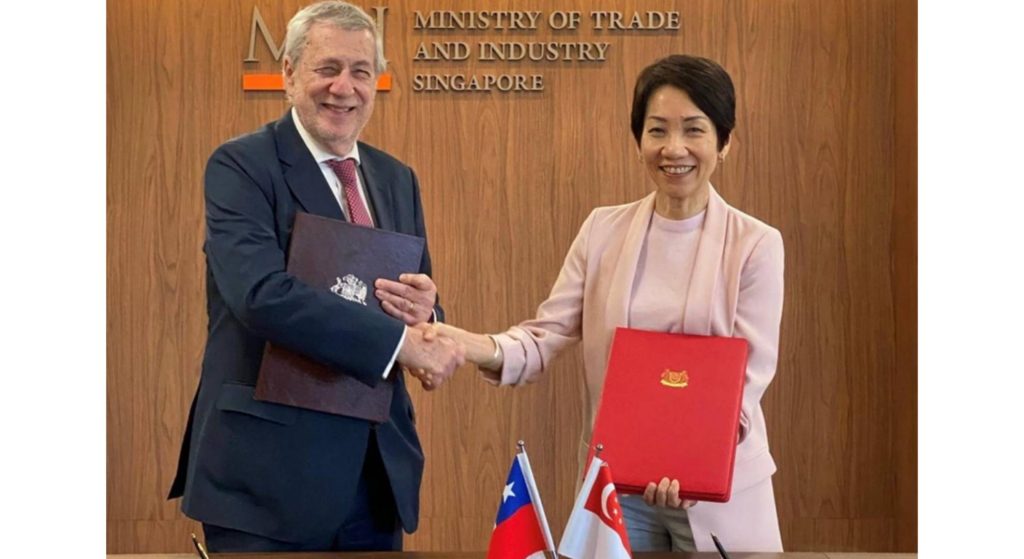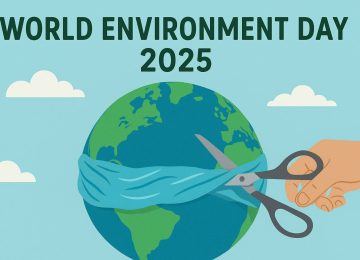Singapore and Chile have signed a carbon credit agreement.
The legally binding agreement facilitates the international transfer of adjusted carbon credits, prevents double counting, and establishes a process for authorizing and verifying eligible mitigation projects.
The collaboration aims to boost both countries’ climate goals by allocating funds towards enhancing Chile’s mitigation potential. The Implementation Agreement authorizes carbon mitigation projects aimed at promoting sustainable development and local communities, resulting in job creation, improved water access, energy security, and reduced environmental pollution.
The partnership will allocate carbon projects to support Chile’s sustainable development and Singapore’s achievement of its climate goals.
As per the Ministry of Trade and Industry, Government of Singapore, both countries will ratify and operationalize the Implementation Agreement, which establishes a framework for carbon credit generation and transfer in accordance with Article 6 of the Paris Agreement.
| Singapore’s International Carbon Credit (ICC) Framework |
| • Authorized credits can offset up to 5% of taxable emissions. |
| • Credits may contribute towards NDCs or international aviation offsets. |
| • Singapore will allocate 5% of its credits to fund climate adaptation in Chile. |
| • 2% of credits will be canceled at issuance to achieve net global emissions reduction. |
The bilateral framework facilitates transparent and credible carbon mitigation efforts, enabling companies and investors to engage in international climate markets and directly support sustainable development in host countries.
For instance, the framework enables project developers to create high-quality carbon credit projects that comply with the Article 6 rulebook.
This is Singapore’s fifth implementation agreement on carbon credits collaboration, following agreements with Papua New Guinea, Ghana, Bhutan, and Peru.
Grace Fu Hai Yien, Minister for Sustainability and the Environment, Singapore, said, “Over the years, Singapore and Chile have worked together on boundary-pushing initiatives such as the Comprehensive and Progressive Agreement for Trans-Pacific Partnership (CPTPP), Pacific Alliance-Singapore Free Trade Agreement (PASFTA), and Digital Economy Partnership Agreement (DEPA). We are now collaborating to spur climate action through carbon markets. This Implementation Agreement will unlock additional mitigation potential in Chile and will help Singapore to meet our climate target while bringing climate investments into Chile. I look forward to active private sector participation when we operationalize this agreement.”
Alberto van Klaveren Stork, Minister of Foreign Affairs, Chile, said, “Chile and Singapore have demonstrated active leadership through ambitious commitments and goals in climate change mitigation and adaptation, recognizing that this is a global challenge that can only be tackled with the collaboration of all members of the international community. This agreement will create a valuable space for public-private cooperation to jointly address the challenge of climate change between both countries.”













